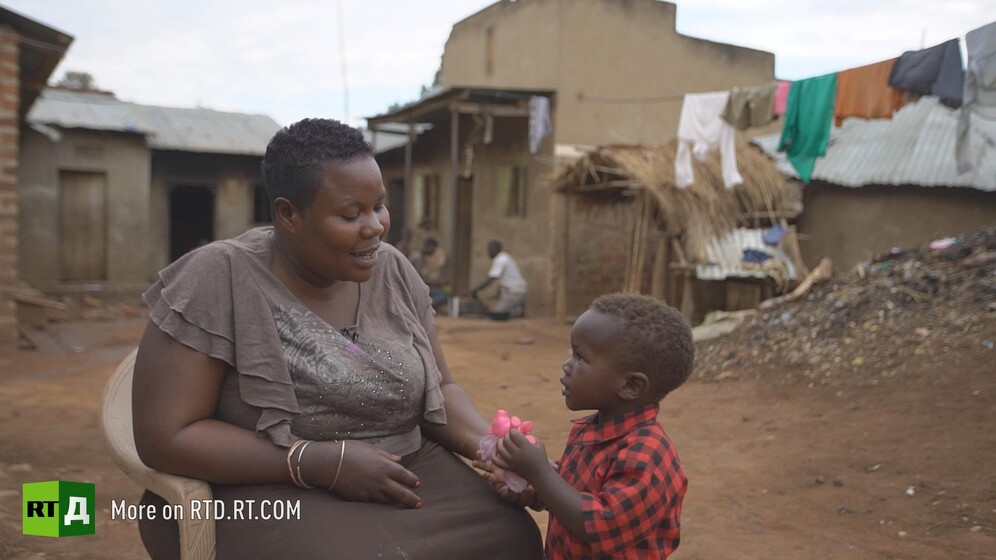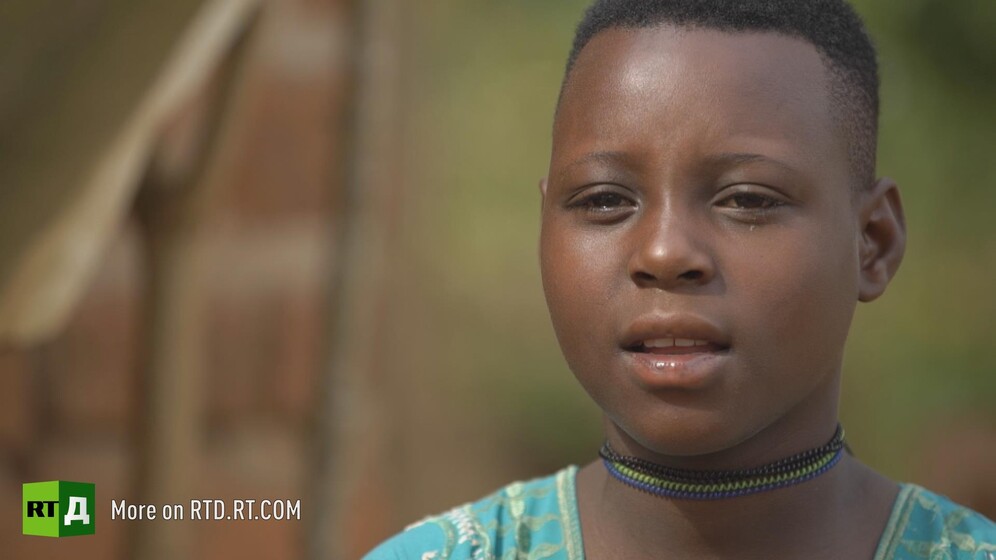Giving birth instead of going to school: Child marriage and teen pregnancy in Uganda

Mariam Nabatanzi, 39, never went to school because her father married her off at the age of 12 to a much older man in exchange for cows. A year later, Mariam gave birth to her first twins and kept having babies until a few years ago. Now she might well be one of the world’s most fertile women after giving birth to an astonishing total of 44 children, six of whom didn’t survive.
Her story may be unique, but it does illustrate a broader, pernicious trend in Mariam’s native Uganda: child marriage. Even though the practice is illegal, it is still commonplace. Four in ten girls marry before turning 18 and one in ten before they are 15, according to UNICEF.

Mariam’s father arranged her marriage. “I was there when cows and goats were brought along, but I didn’t know it was my dowry,” she says. Like Mariam, most young girls forced into marriage obey their parents. In some Ugandan districts, regular town centre markets are known as sites where “marriage transactions happen,” says Margherita Kello from the aid agency, Plan International.
Families often see early marriage as a way to protect daughters from male attentions, premarital sex and pregnancy, as well as a means of upholding family honour. However, in reality, it has the reverse effect of early sexual activity, which causes early pregnancy. It is also a significant obstacle to education.
-5-br.jpg)
Miriam, 13, was at school when a stranger approached and gave her some money. “I was hungry, and I went with him.” Miriam dropped out of school when she learned about her pregnancy. The new mother never returned to her classes.
“Many [girls] don’t even give birth in hospitals,” Kello says, which teenage pregnancy is not just associated with high school dropout rates, it’s also linked to high maternal mortality and long-term health problems. A complicated birth often causes girls to suffer from obstetric fistula, a rupture between the birth canal and bladder that leads to rejection and social isolation. “So as a young girl, you know very well that no man would even want to marry you when you have a fistula,” Kello says.

Another significant reason for girls in Uganda missing classes and ultimately quitting school is the lack of affordable sanitary pads and separate toilets and washrooms in schools. More than 40 per cent of girls never finish primary school, according to Plan International’s child protection manager, Patrick Adupa.
“I want to be respected, to be independent of men,” young Miriam says. Her wish is echoed by Mariam, who takes odd jobs to provide for many children alone after her husband abandoned the family. “I only want my kids to study,” she says.

Indeed, keeping girls in school impacts doesn't just impact individuals; it has social and economic benefits to the community and country as a whole. “We need to get to a country where the woman is valued in the same way that we value the man,” Kello says.
For more about Mariam's and Miriam's heartrending stories, don't miss our new documentary, Mama Uganda. Why not check out our other films on the problems girls face across Africa, including forced marriage and the bride trade.